Publications
Articles, publications, books, tools and multimedia features from the U.S. Institute of Peace provide the latest news, analysis, research findings, practitioner guides and reports, all related to the conflict zones and issues that are at the center of the Institute’s work to prevent and reduce violent conflict.
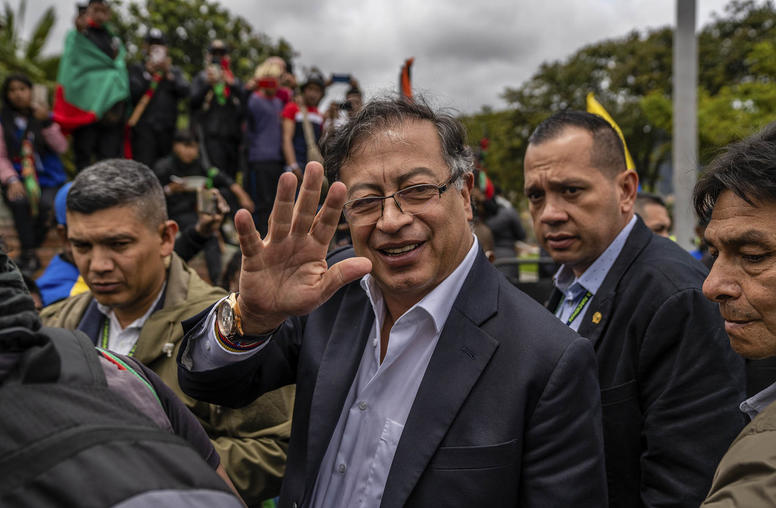
Colombia’s Renewed Peace Talks with ELN Rebels Provide Historic Opportunity
As part of its ambitious “Total Peace” agenda, the new Colombian government recently restarted peace talks with the National Liberation Army (ELN), marking the first new negotiations since January 2019. And while this cycle of talks adopted the same agenda and process framework as the previous efforts, current President Gustavo Petro appointed a diverse and broad negotiations team in the hopes of generating early momentum and support. Petro intends to advance on partial accords as quickly as possible — building up to a comprehensive agreement before his brief four-year term in office is complete.
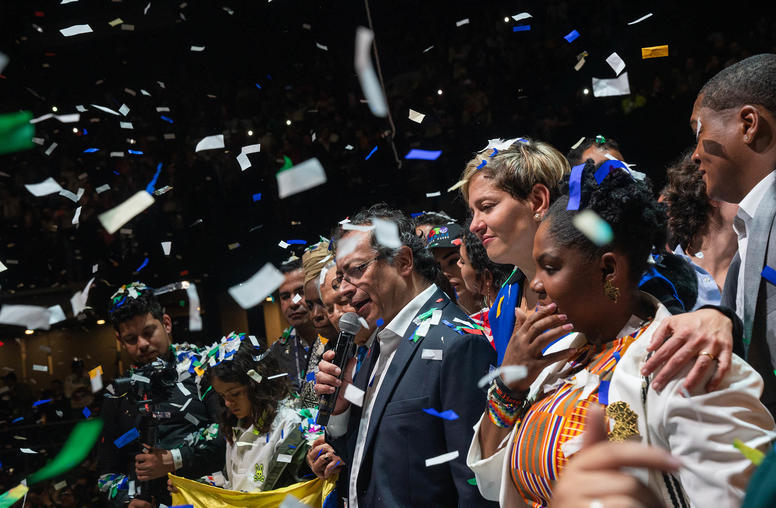
Colombia’s New Administration Raises Hopes for ‘Total Peace’
Hopes for lasting peace in Colombia are soaring. Last month, Gustavo Petro and Francia Márquez prevailed in Colombia’s runoff presidential election and will lead the country’s first-ever progressive government, as president and vice president, respectively. Their historic victory culminates an electoral cycle marked by a resounding rejection of Colombia’s establishment elites. Petro’s proposals for what he has coined “Total Peace” offer an ambitious approach to negotiating with armed groups, implementing prior peace accords, and pursuing national unity amid debilitating socio-political polarization. The country stands before an undeniable opportunity to lay the foundation to end its six-decade conflict, even if subsequent governments will have to sustain these efforts to truly reap the long-term benefits.

Steve Hege on Colombia's Presidential Runoff Vote
With no establishment candidate left, Colombia's June 19 presidential runoff reflects voters' perception that "things [on] the ground are quite bleak" as the remaining candidates "promise significant degrees of change for Colombia and its relationship with the United States," says USIP’s Steve Hege.
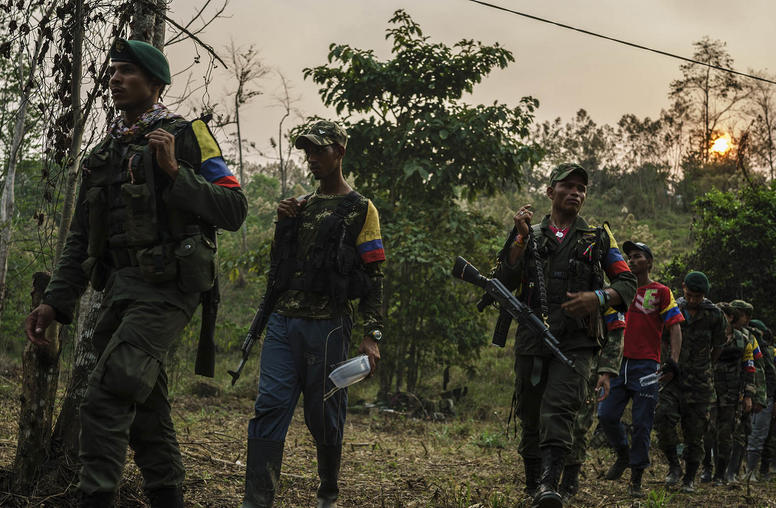
Mounting Security Challenges Await Colombia’s Next President
In the first round of Colombia’s presidential elections, long-standing opposition leader Gustavo Petro and newly emerged outsider Rodolfo Hernández both handily defeated the conservative establishment candidate Federico Gutiérrez. The latter’s third-place finish signals Colombians’ resounding rejection of the country’s status quo and a rebuke of the political establishment and predominant elites.

Colombia: U.S. Aids Peace by Lifting ‘Terrorist’ Label From FARC
The U.S. government has opened opportunities to strengthen the implementation of the fragile 2016 peace accord and stem rising conflict in Colombia by ending its designation of the former Colombian guerrilla movement, FARC, as a terrorist group.
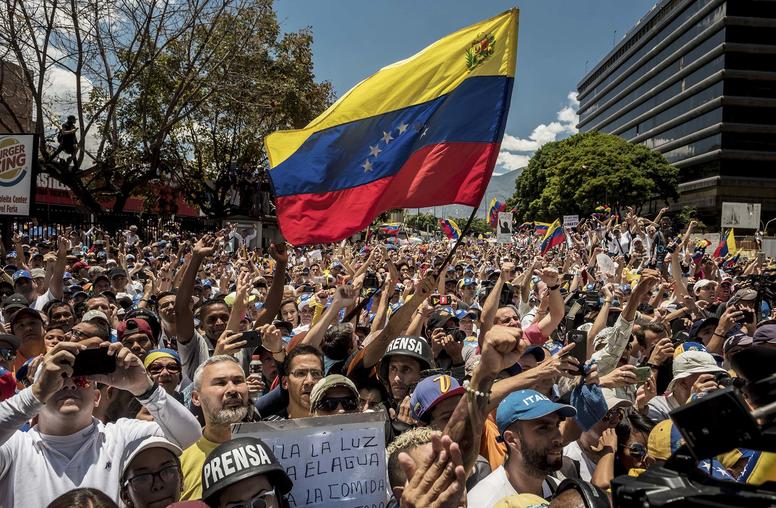
Is there a Negotiated Path to Democratic Coexistence in Venezuela?
The scale of the Venezuela crisis is unique in recent history, with wartime indicators of hunger, refugees, and human rights abuses but conventional violent conflict largely absent. At the heart of the crisis is a 20-year struggle between the Chavista regime and the democratic opposition, characterized for most of these two decades by each side attempting to eliminate the other from the political map. Negotiations are seen by most outside observers as the only way the conflict will definitively end and there have been consistent efforts to bring the two sides to the table, most recently in Barbados and Oslo in 2019.

Protests in Colombia
Steve Hege, regional deputy director for Latin America, testified on July 1, 2021 at the Tom Lantos Human Rights Commission's hearing on "Protests in Colombia." His expert testimony as delivered is presented below.
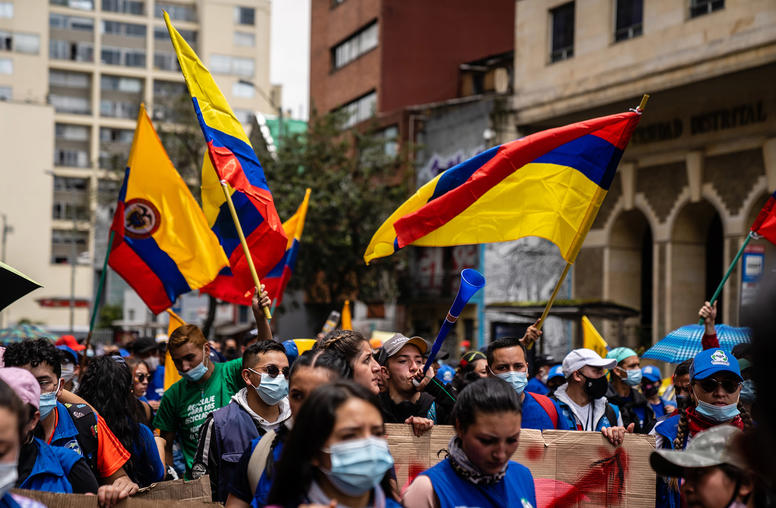
Colombia’s National Strike: Inequality and Legitimacy Crises Drive Unrest
After Colombia’s government proposed new tax hikes, social organizations and movements called for a national strike on April 28 across the country. Protesters believed the new fiscal policy — which the government said was aimed at mitigating the pandemic’s economic impact — would disproportionately hurt poor and vulnerable sectors of society. Although the marches and mass gatherings were initially widespread and peaceful, security forces cracked down on demonstrators accused of taking part in vandalism, killing at least 43 and injuring hundreds more. Meanwhile, pre-existing and resulting anger among some groups of protesters led to attacks on security forces and police stations, setting off a cycle of violence.

Steve Hege on Venezuela’s Elections
Last weekend’s legislative elections proved to be “by no means fair or credible,” says USIP’s Steve Hege. To get the country back on track, Hege says a new U.S. administration will “have to work with the opposition and generate within the Venezuelan people some degree of belief in electoral politics.”
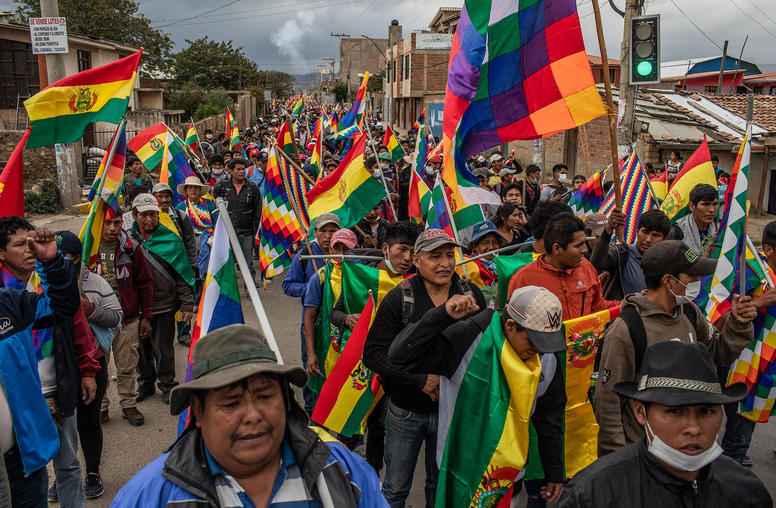
After a Year of Turmoil, Bolivia’s Election Offers Chance to Reduce Divides
Bolivians took part on Sunday in one of the country’s most decisive and historic general elections, in which the former governing party Movement Toward Socialism (MAS) and its candidate Luis Arce garnered a resounding victory. The vote culminated nearly 12 months of instability since elections in October 2019 led to allegations of fraud, followed by massive street protests and the departure of former President Evo Morales after nearly 14 years in power. Bolivia has not experienced a peaceful transition of power since 2002, but a window of opportunity has opened for the ethnically diverse Andean nation to emerge from the paralyzing polarization that has plagued it over the past years.